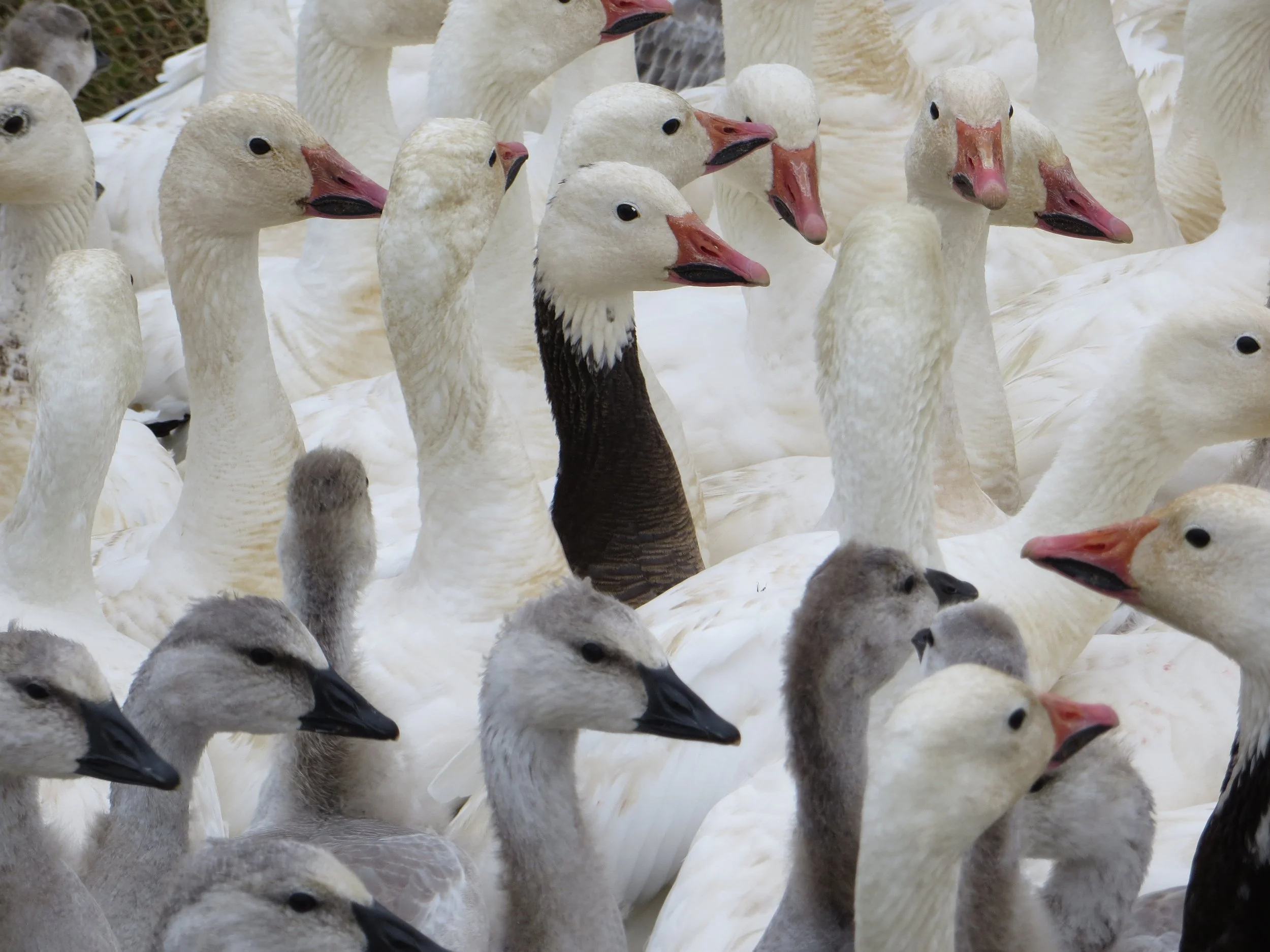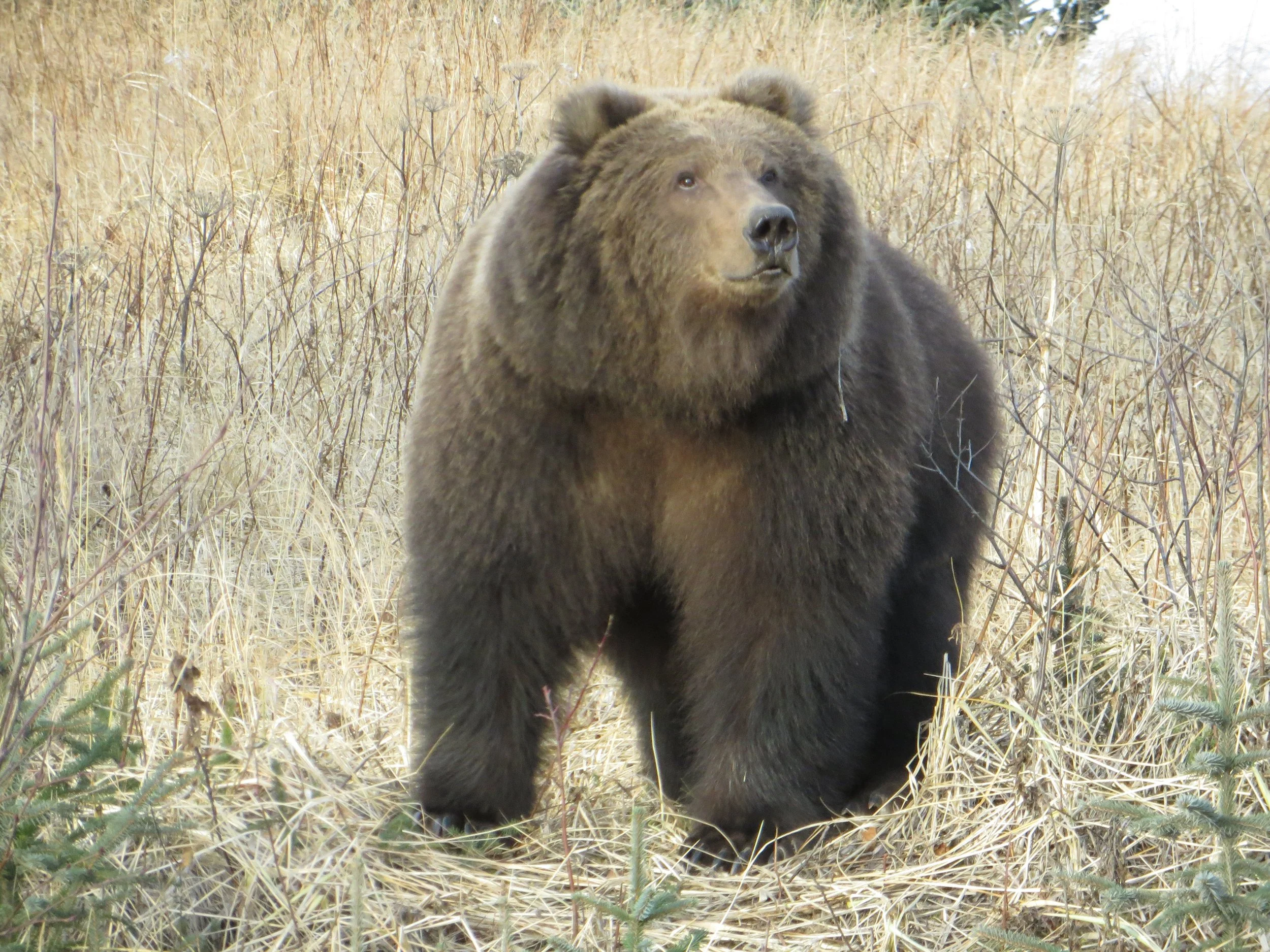
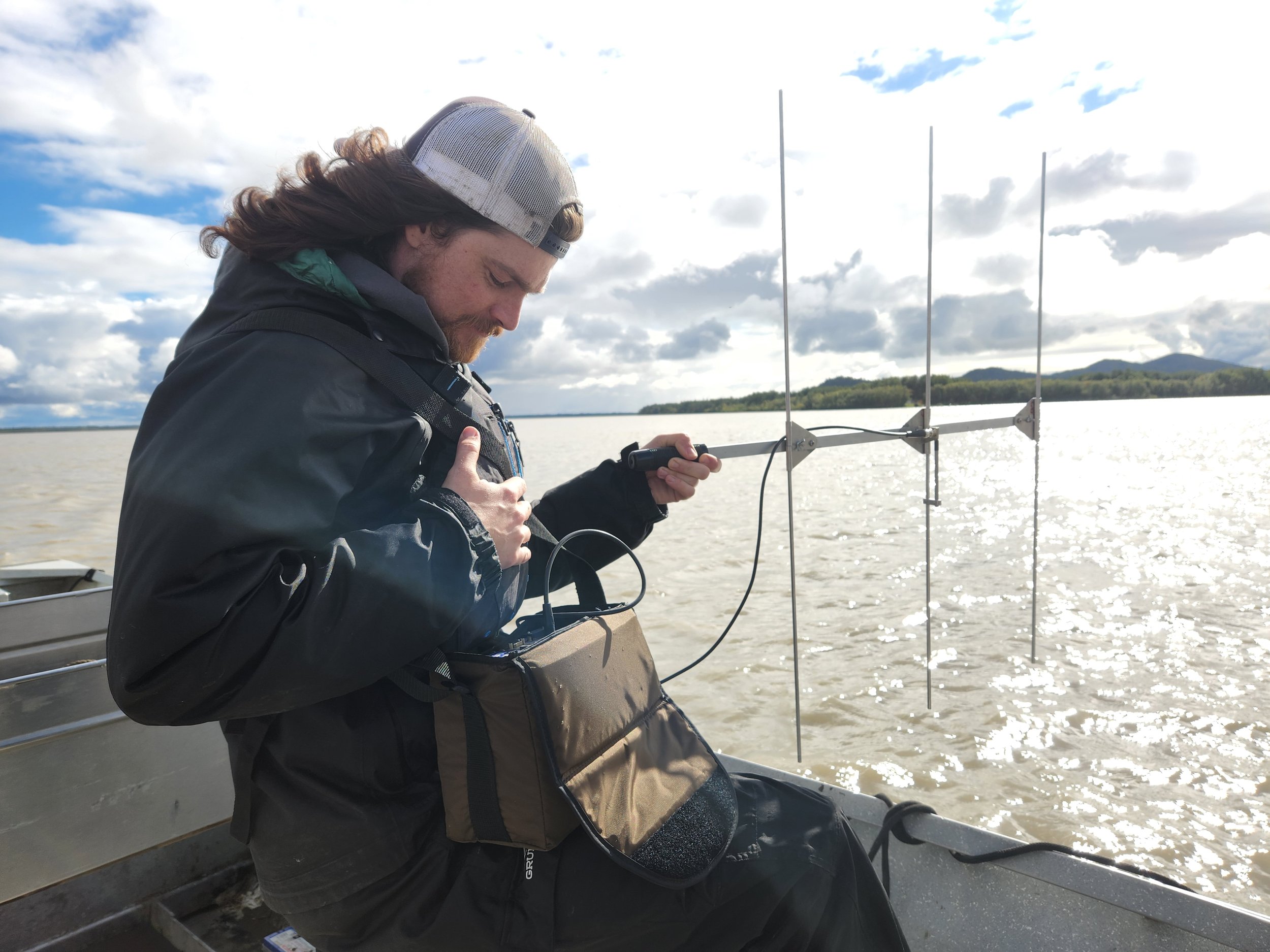
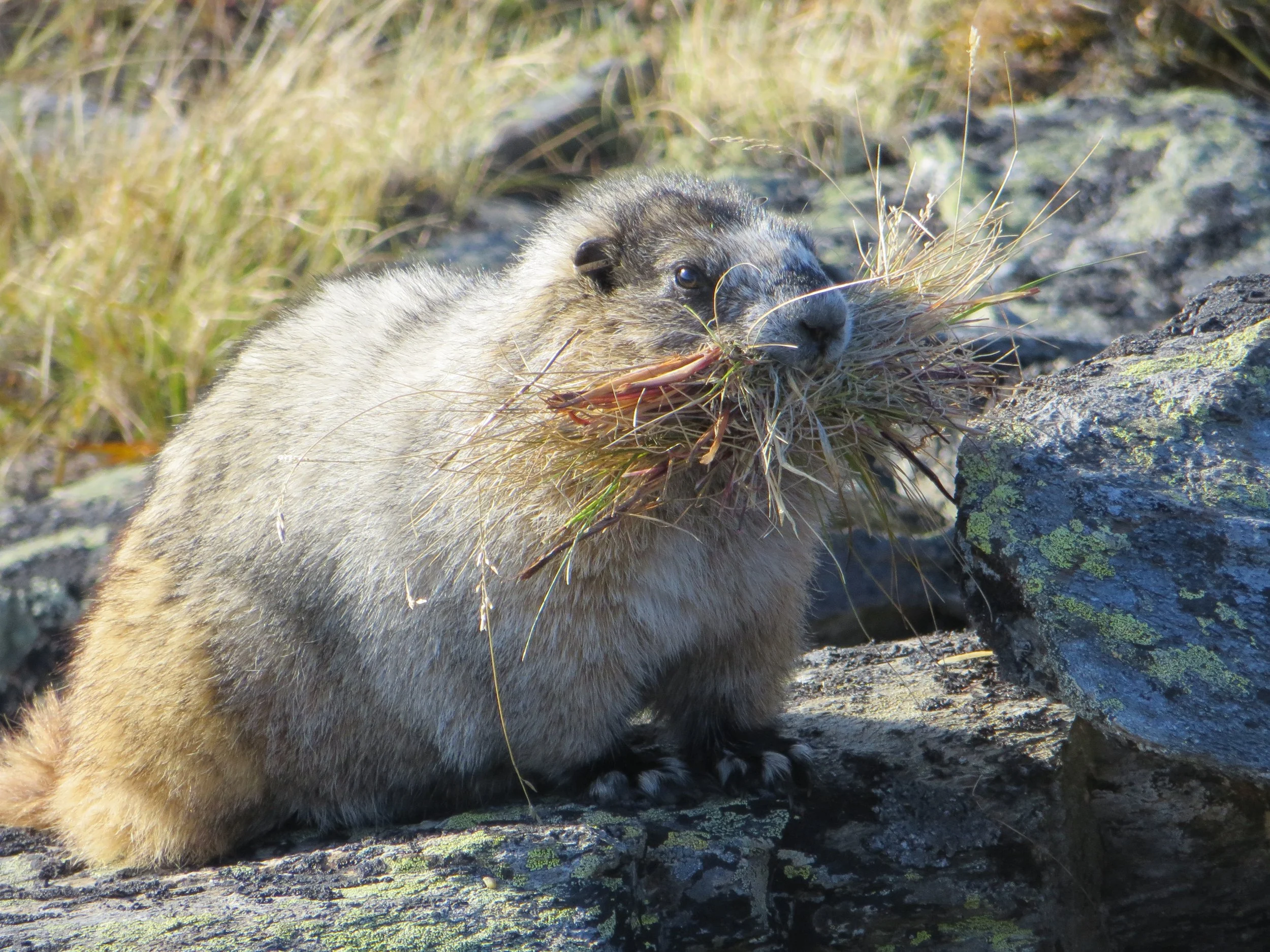
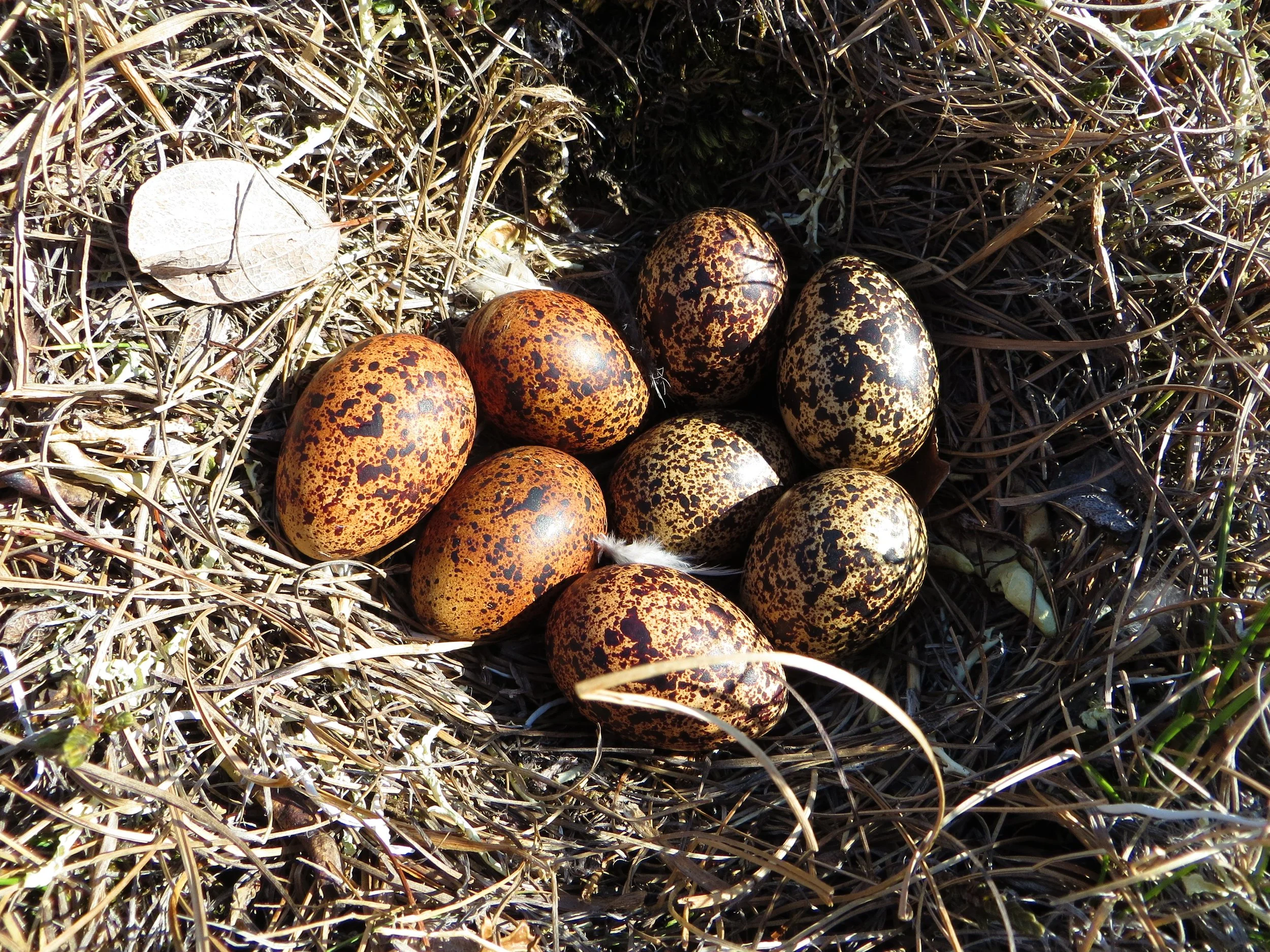
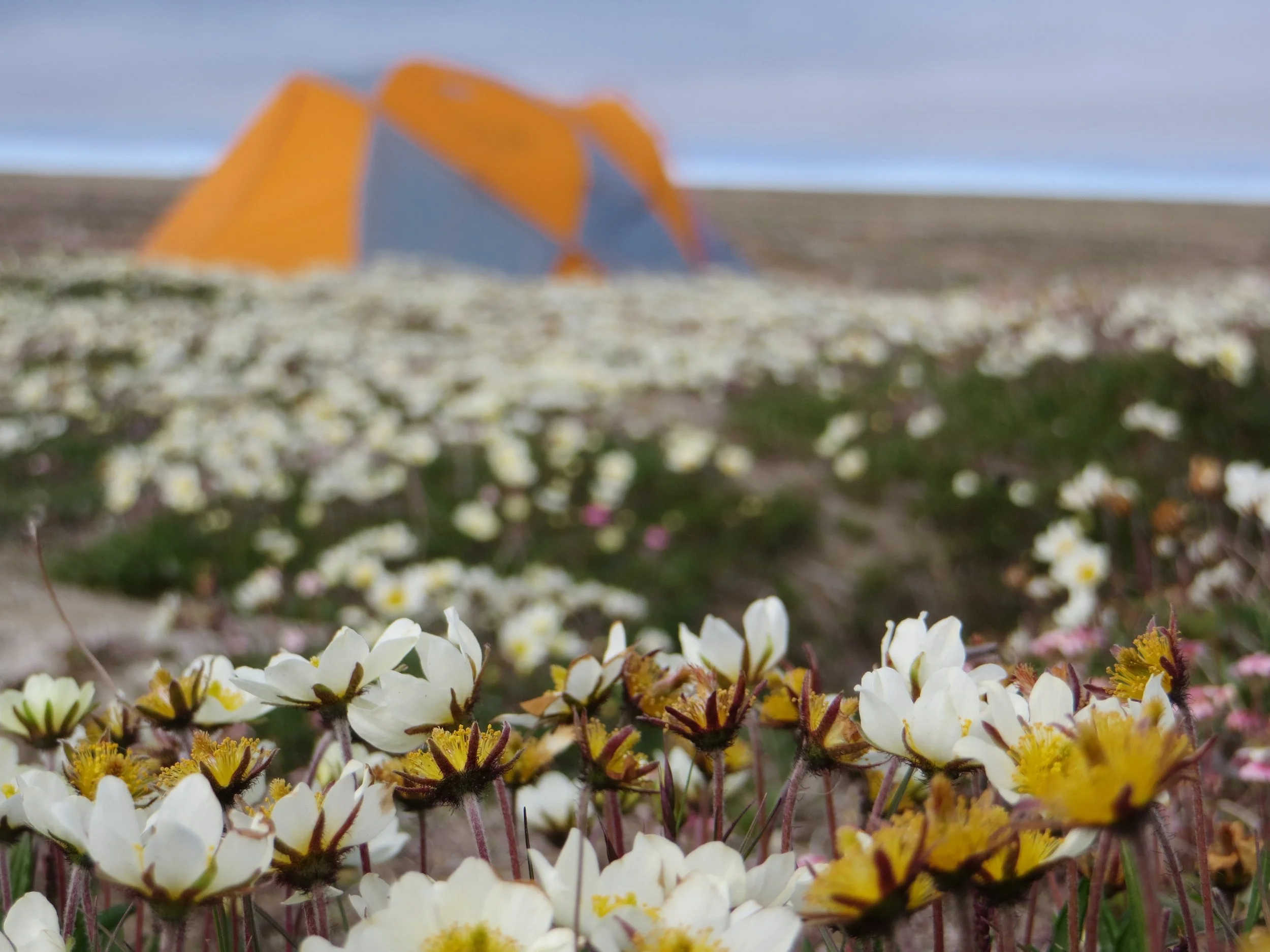
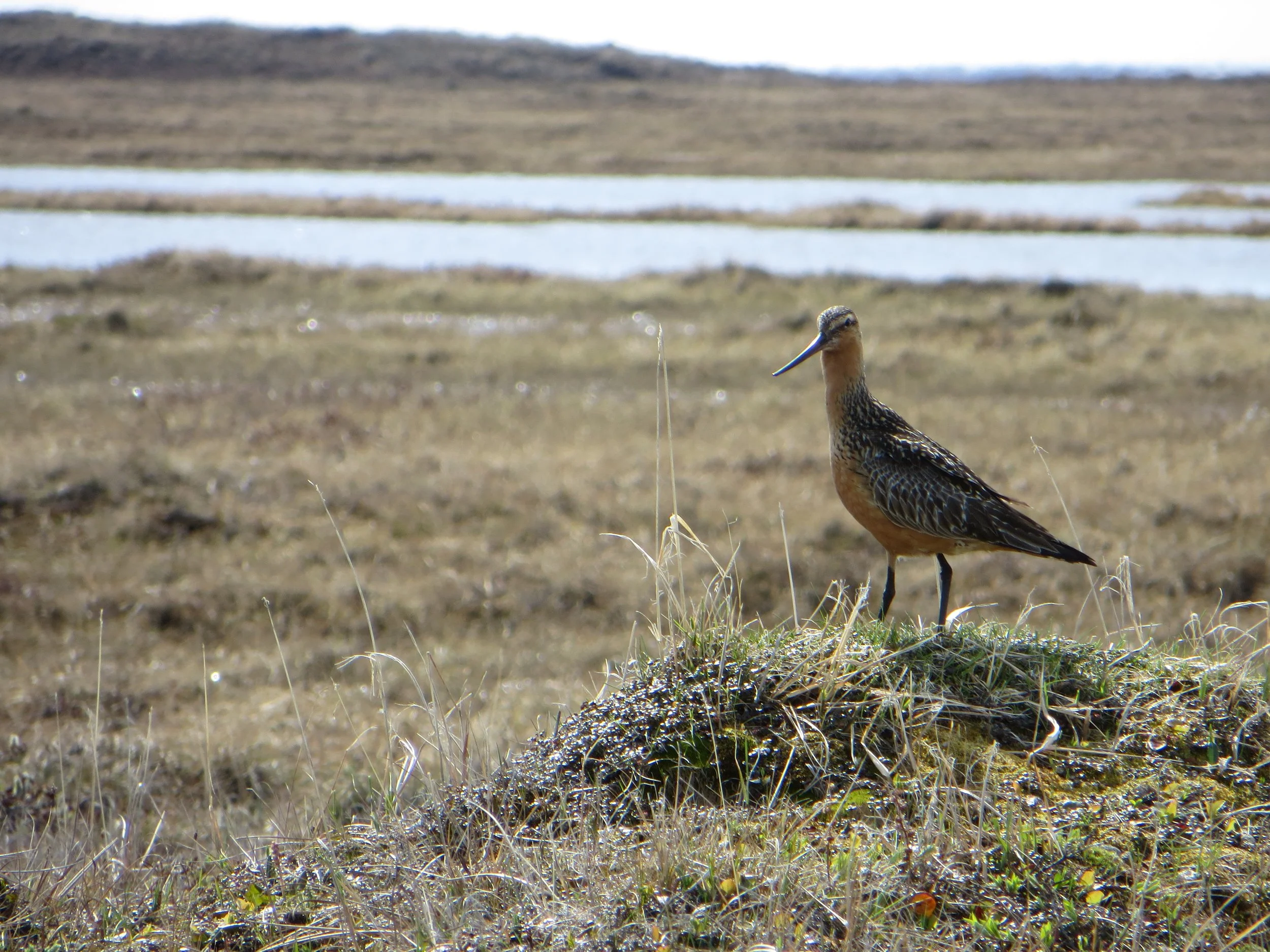
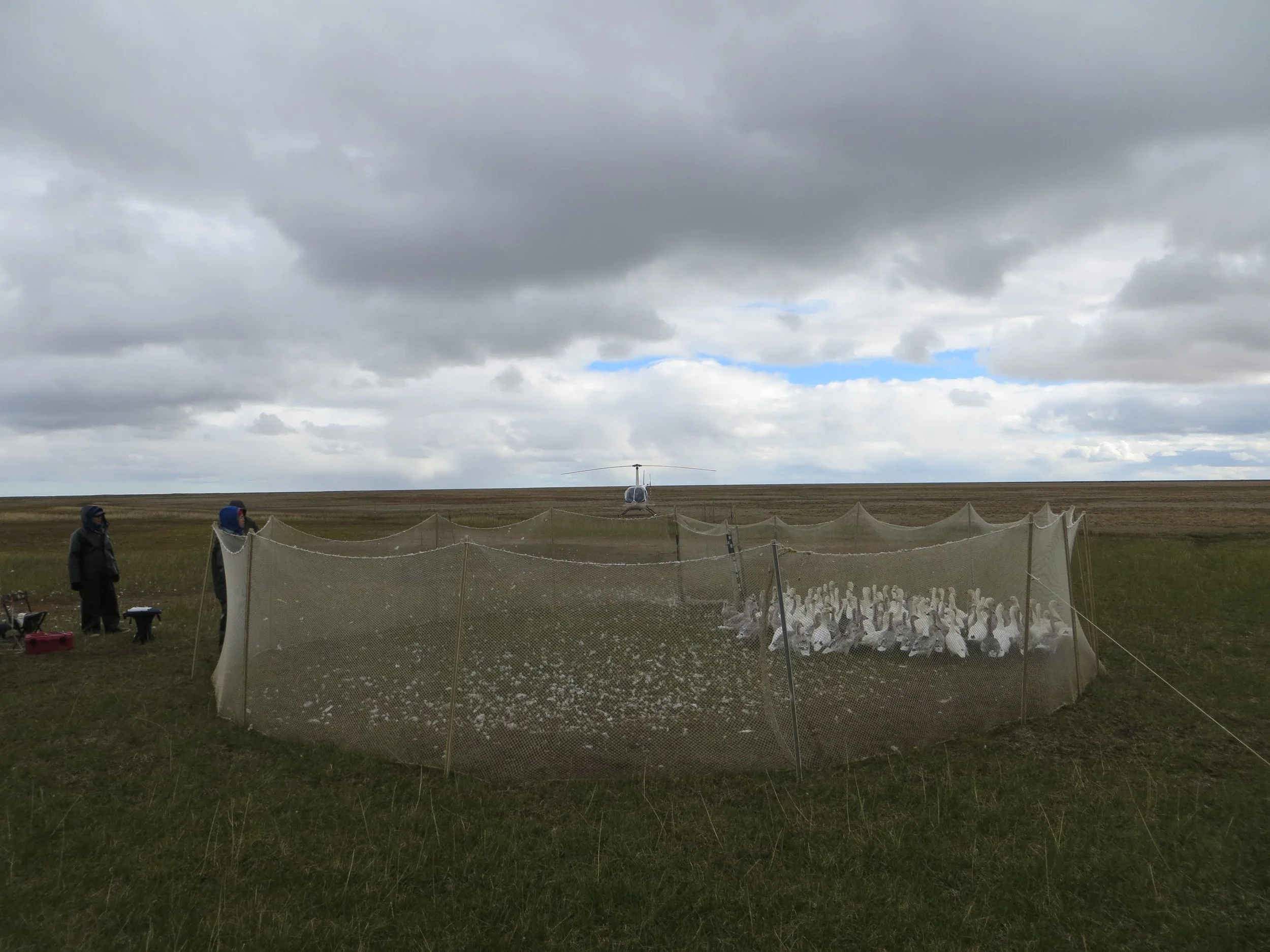
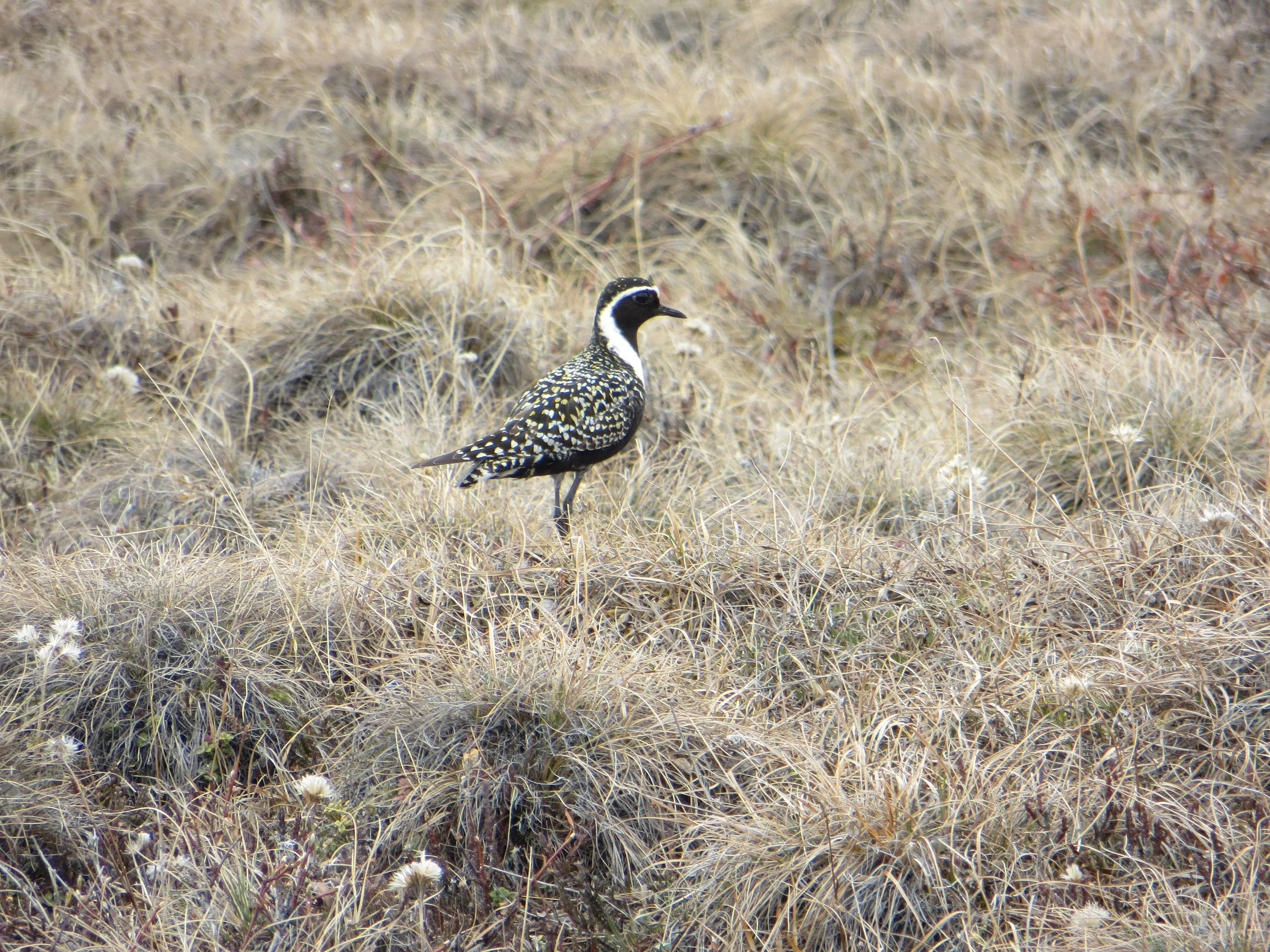
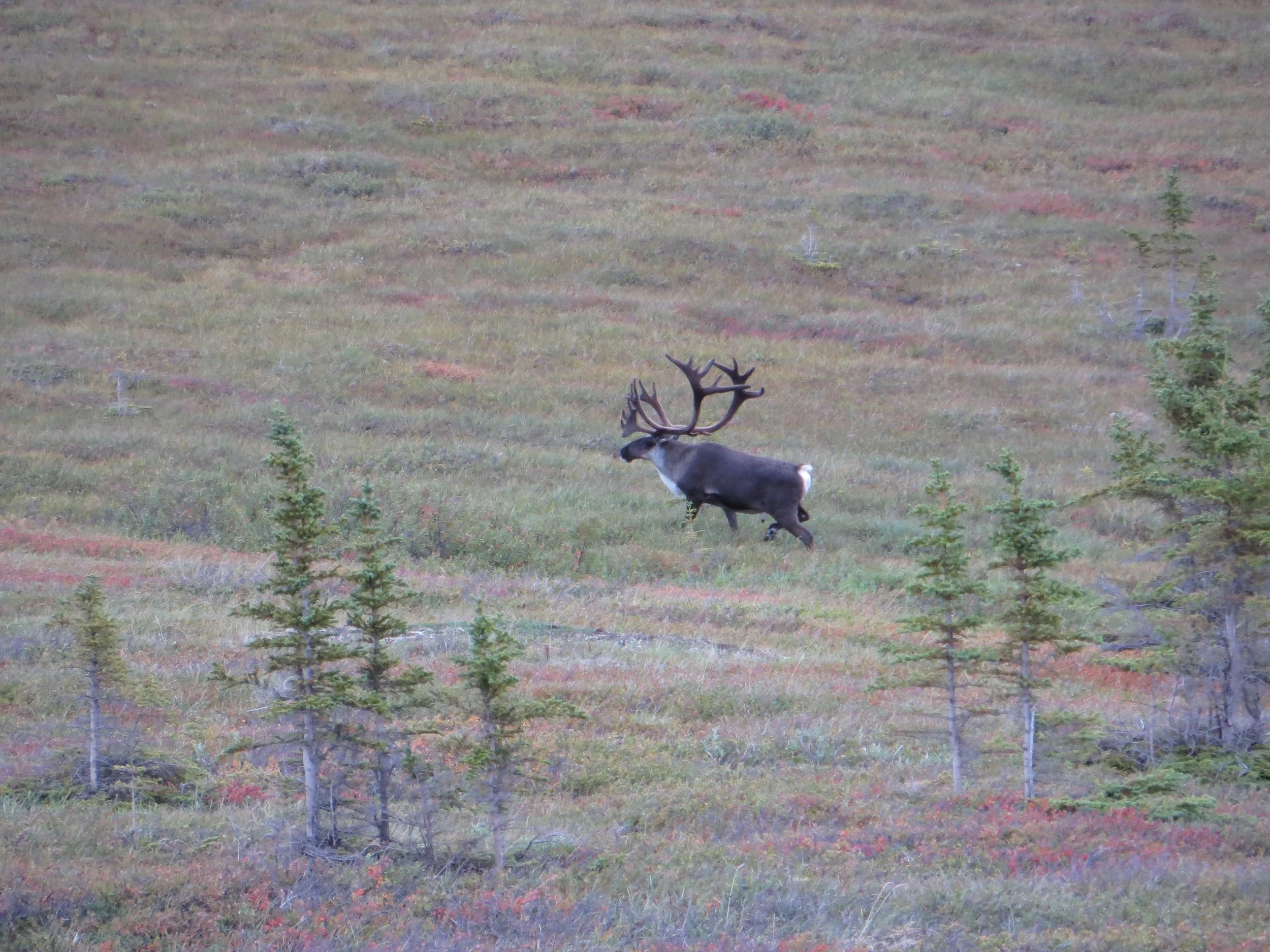
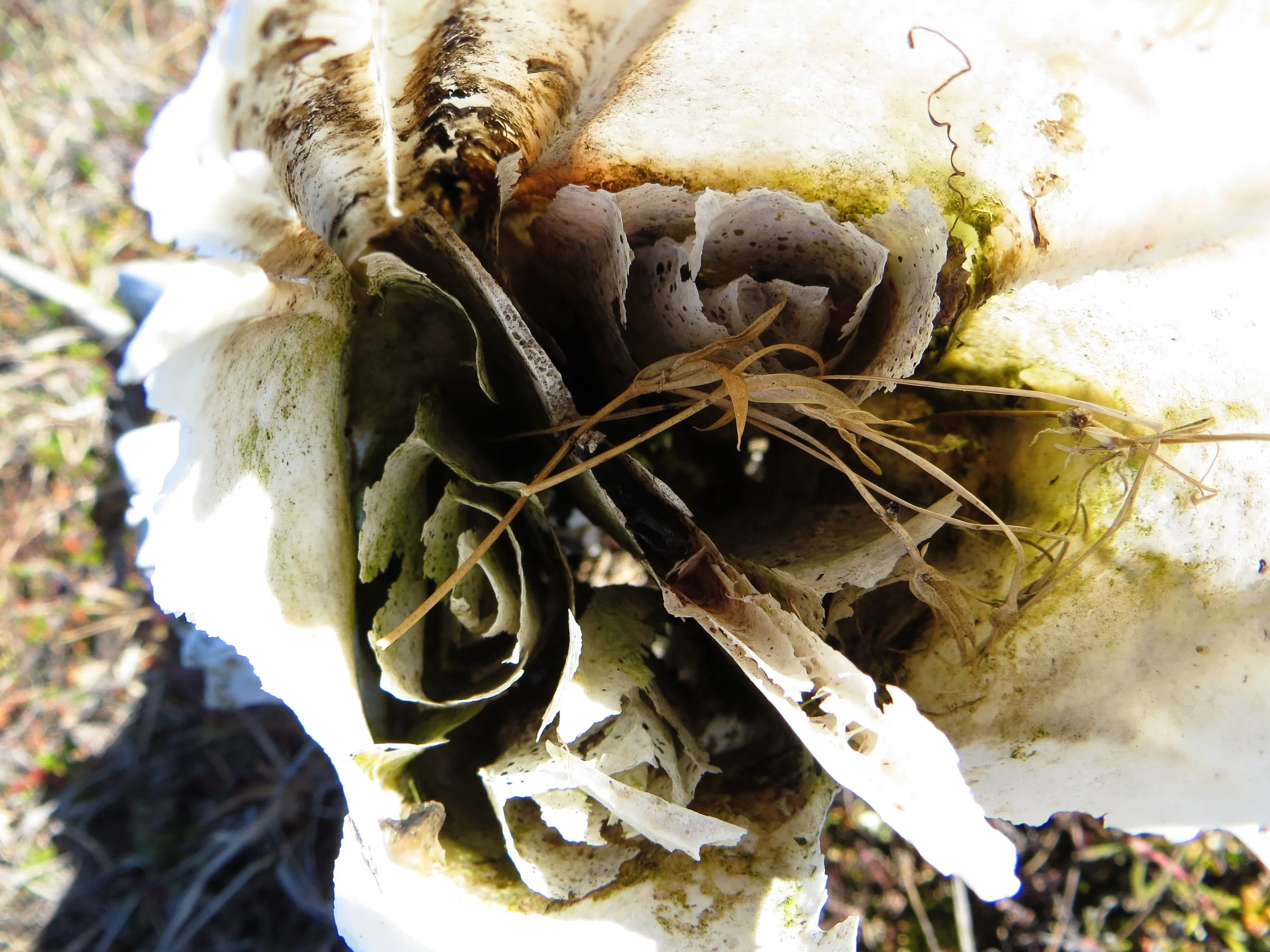
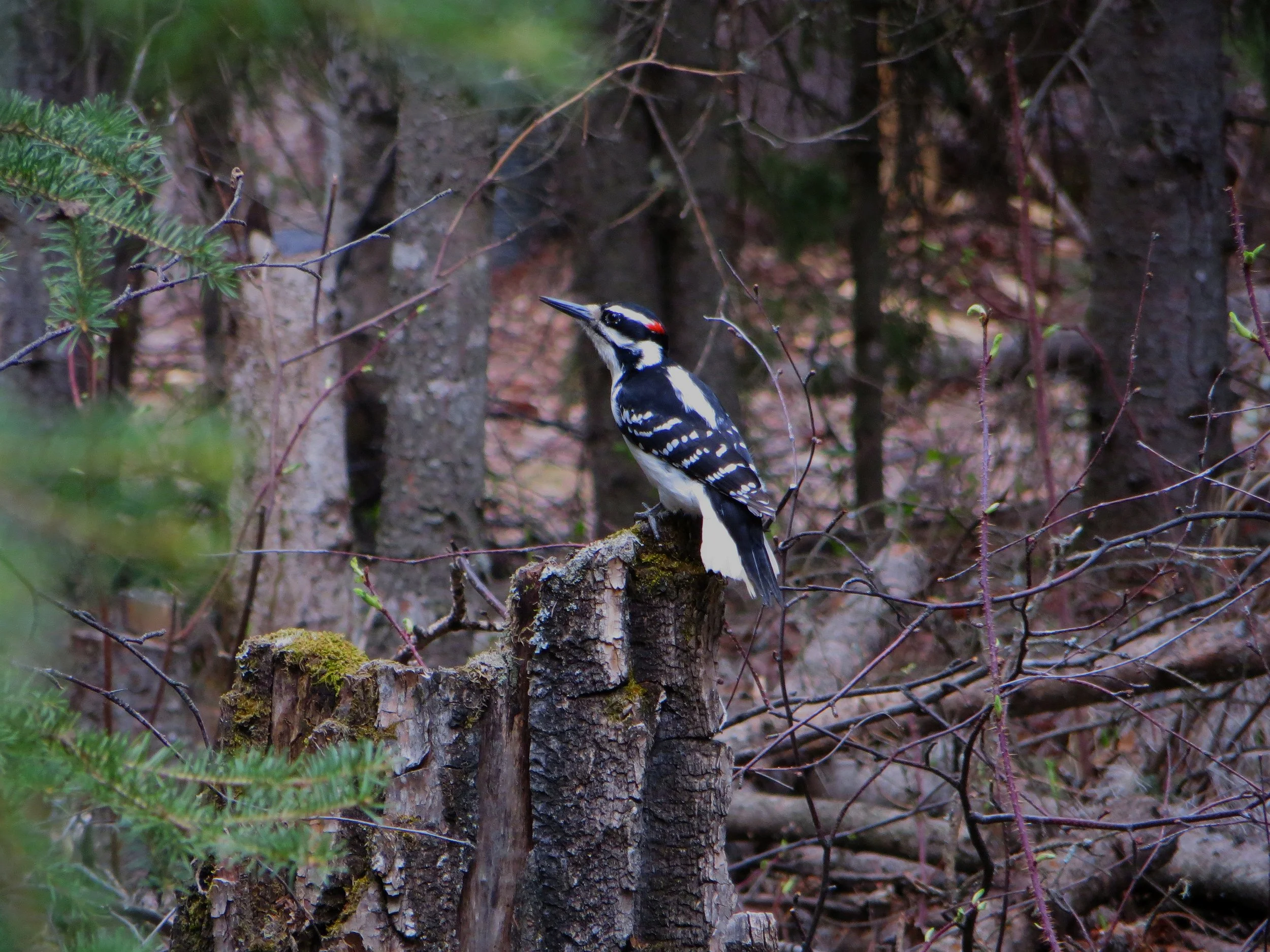
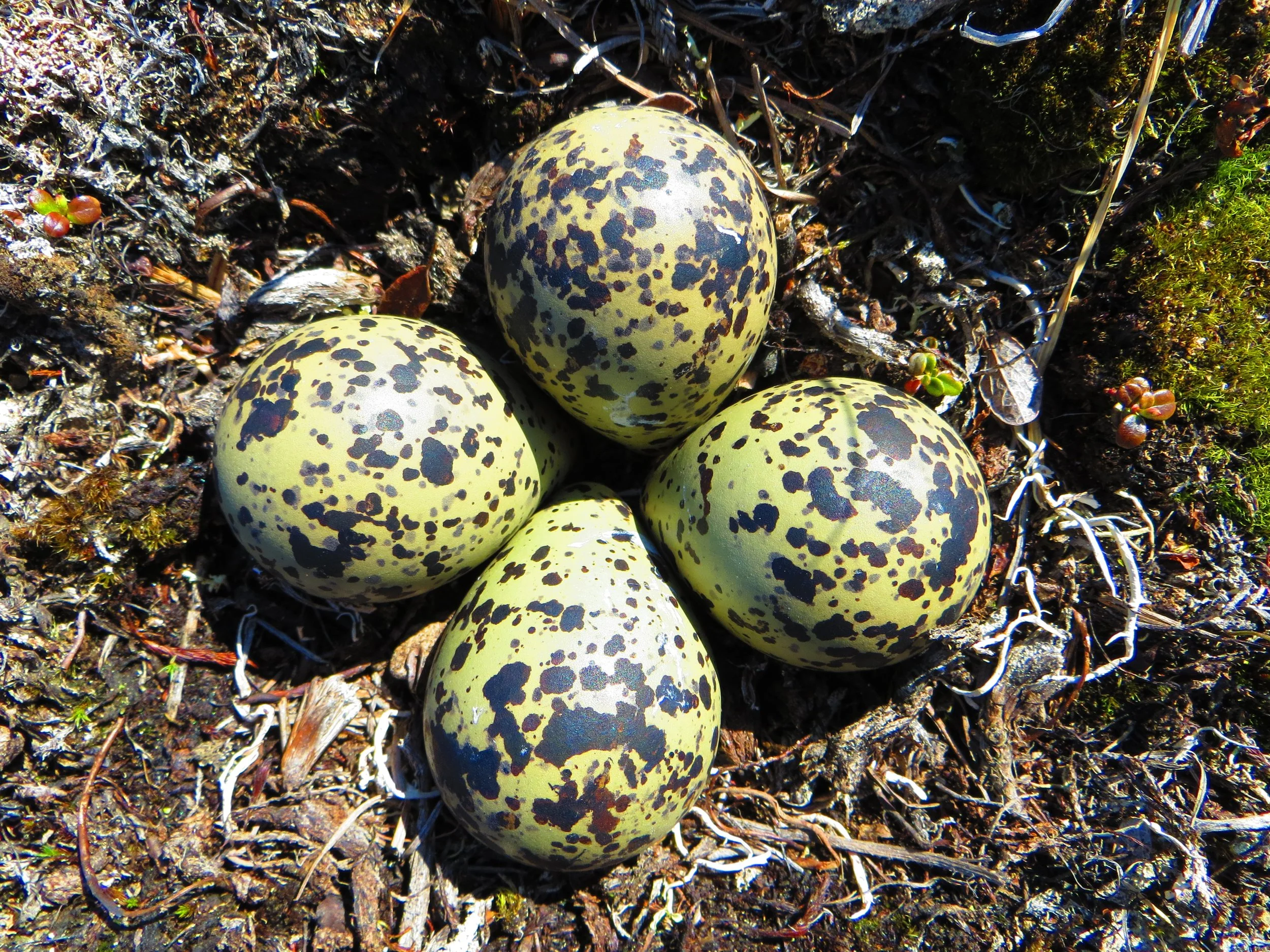
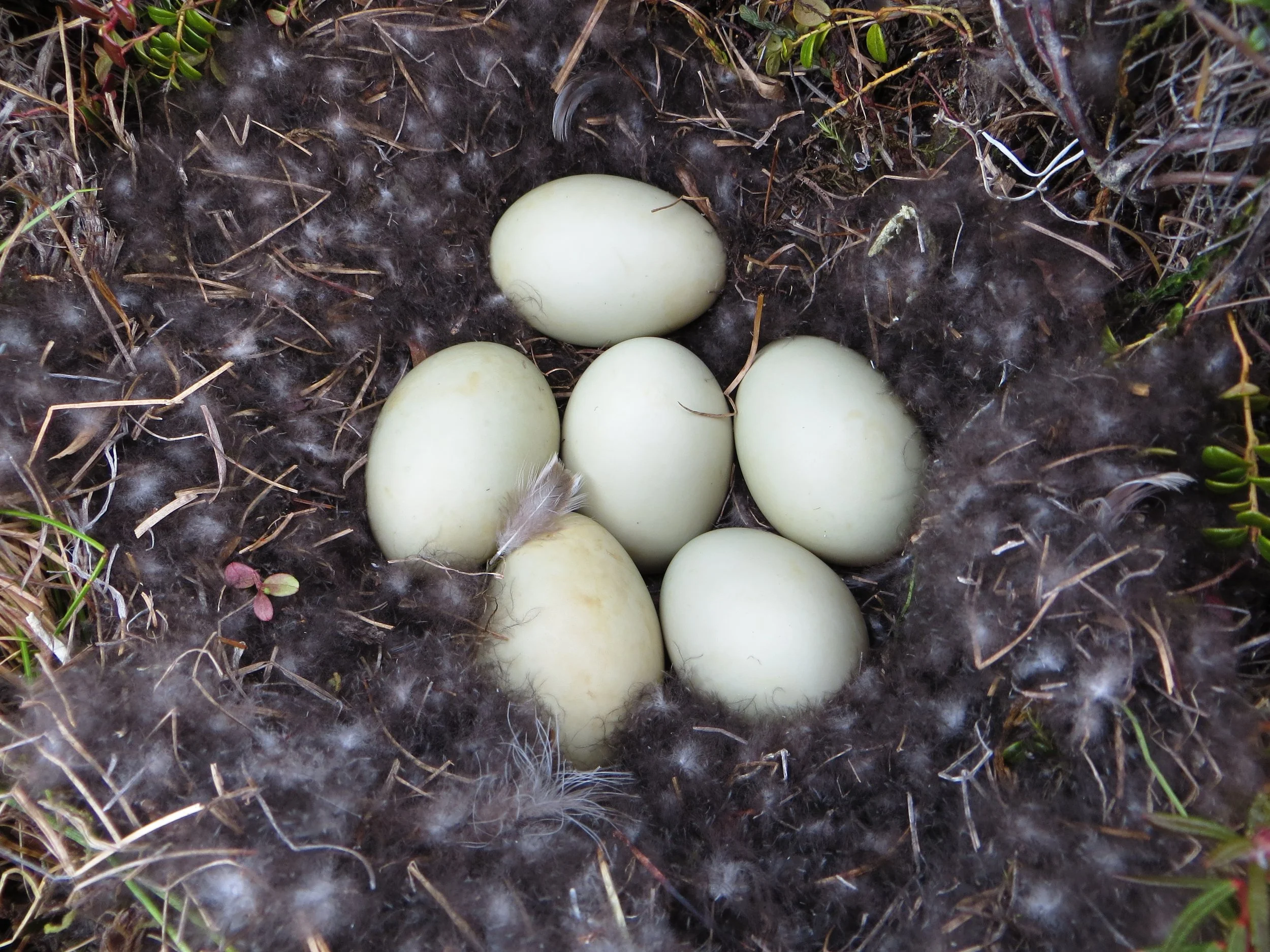
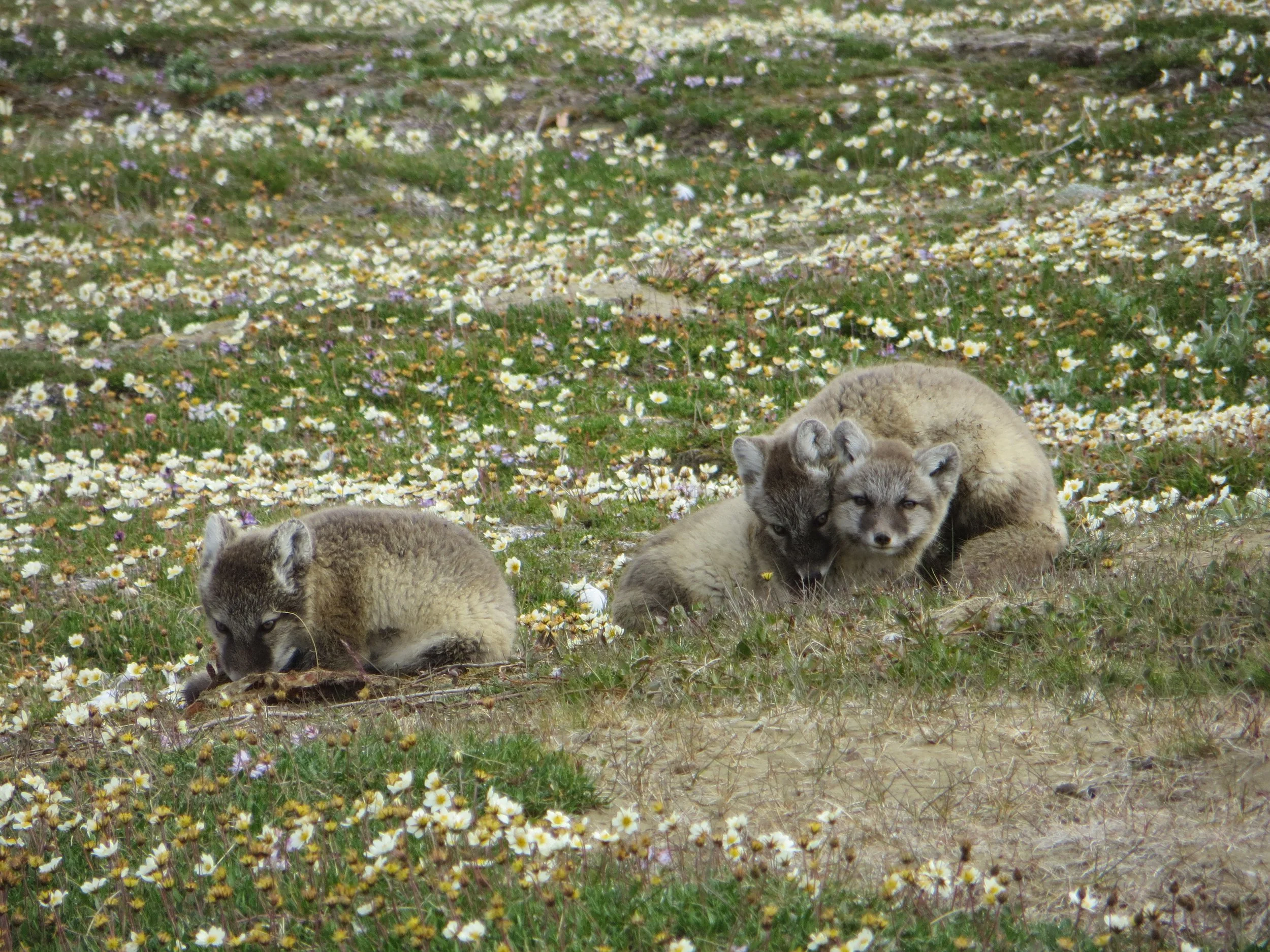
Ecologically Centered
Understanding the whole ecosystem is critical to exploring and expanding our knowledge of the natural world. Having an appreciation for the interconnectedness of all life allows us to understand each organism and environmental factor within the context of a particular place. From food webs and parasitism to invasive species and the effects of climate change, an ecological approach can help us recognize and anticipate a constantly changing world.
Areas of Study
I have trained and worked with scientists and mentors from various disciplines and I feel fortunate to have a wide-range of firsthand experiences in the field. My knowledge base includes mammalogy, ornithology, fisheries, marine biology, botany, hydrology, and glaciology. This diversity of knowledge supports my creative problem-solving and whole systems thinking.
All Season Logistics
Fieldwork in polar regions can be challenging! Complicated logistics, rugged terrain, remote communication, working from small aircraft, navigating rivers, and clouds of mosquitos are some of the many factors that can make polar ecological work so difficult. I have planned and executed fieldwork in polar environments for over 14 years and have developed a strong foundation for remote, all-season logistics.

A bit of text helping people visiting this page take action, like how to reach out about possible fieldwork, or perhaps a nice quote here about systems thinking (as long as it isn’t Thoreau) and delete the box below

